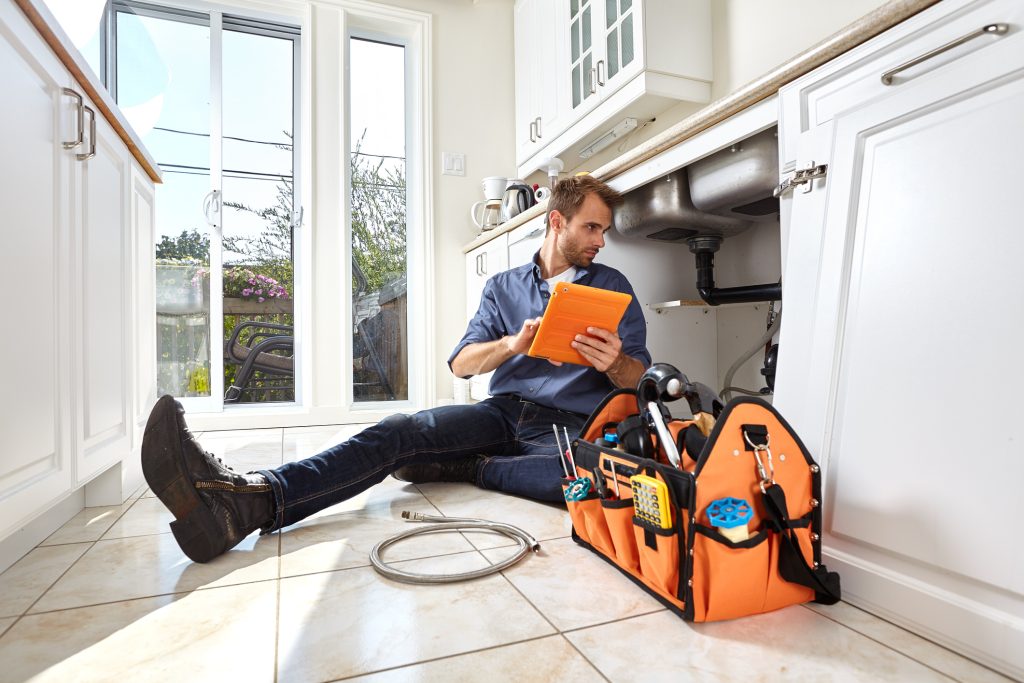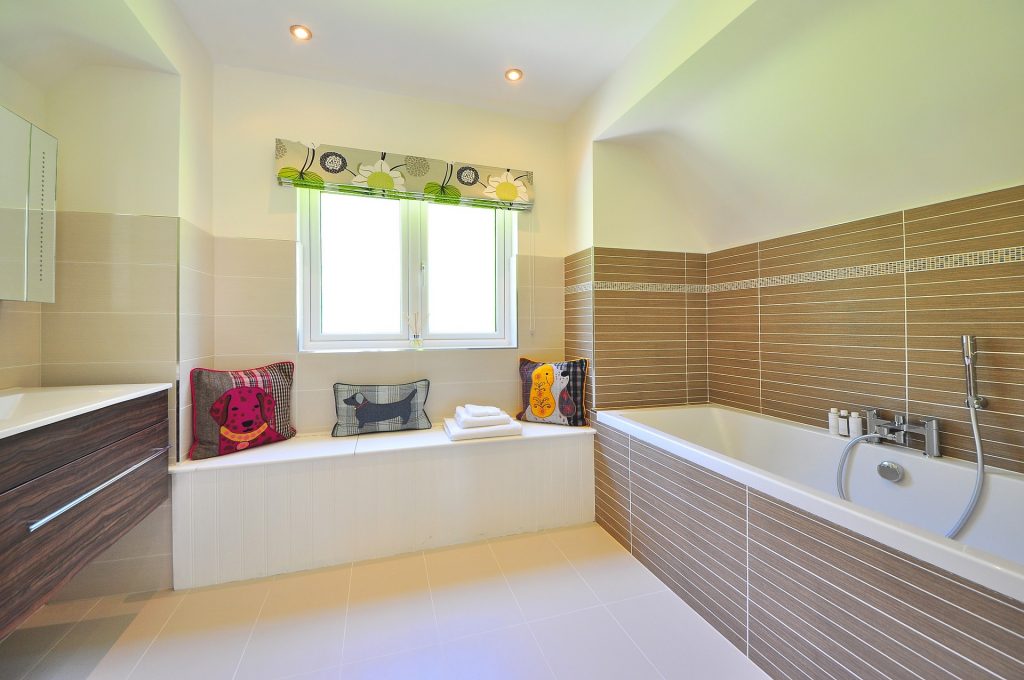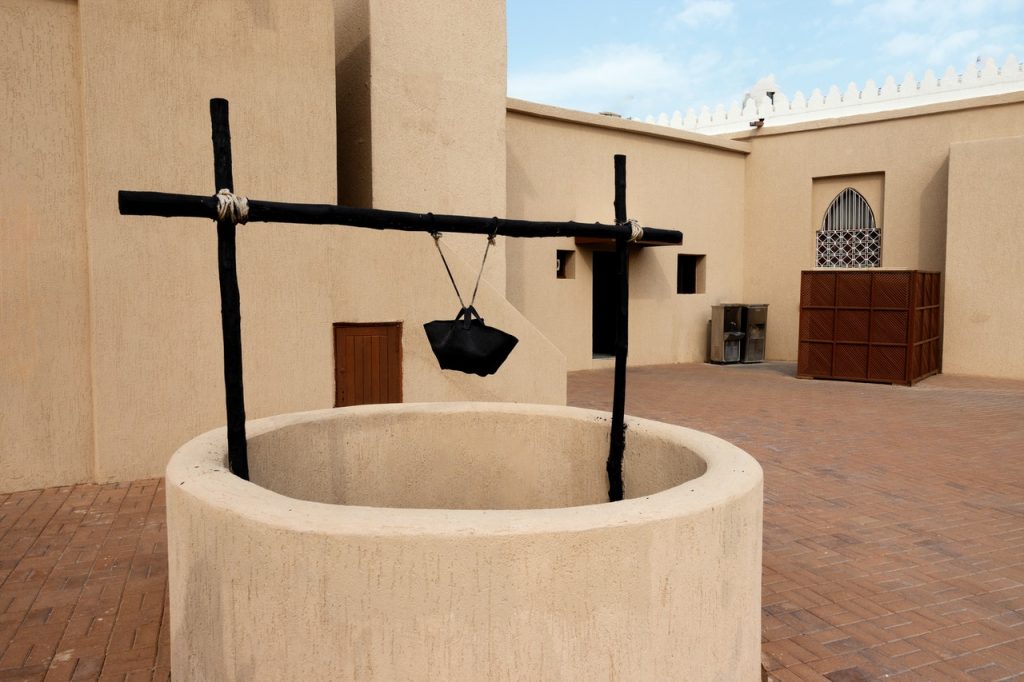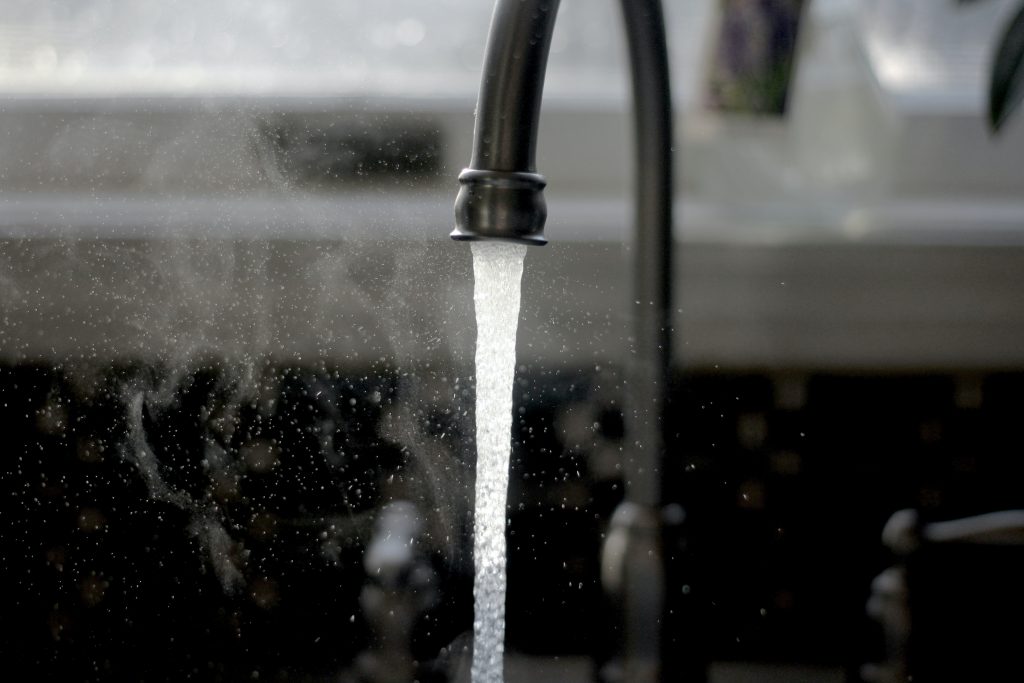If you’re having issues with your plumbing making different types of noises, such as hisses, thumps, clangs, or thuds, it’s important to consider that you might have some functional issues taking place. If you can’t decipher what the noises might indicate, don’t worry: the professionals at AHWA can help!
We understand that noisy plumbing can indicate everything from minor issues to signs of major problems. When in doubt, give us a call to come take a look and make sure everything’s working okay. In the meantime, here’s a quick overview of the types of plumbing noises you might encounter and what they mean.
Usual Plumbing Noises in Your Home
Plumbing usually prefers to be the strong silent type, but it sometimes kicks up a bit anyway—especially in older homes where the plumbing has aged a bit. Not every noise is bad, so it’s important to know what you should be concerned about and what is normal. Let’s look at some common plumbing noises you might hear in your home.
Harmless Plumbing Noises
These noises are nothing to worry about. If you understand them, you won’t be so worried about them being potential problems.
Banging – A single or multiple loud bangs when you close a water tap is a perfectly normal sound.
Swishing – The sound of water flowing through the pipes can sometimes be audible, especially if the house is otherwise quiet.
Splashing – A toilet tank refilling can create small splashing sounds. Pressurized water leaving a valve can also make a splash when hitting still water on the other side.
Gurgling – You may hear a gurgling noise coming from your pipes or waste traps. This is common with new plumbing systems and ones that had been drained or refilled, perhaps after recent work has been done.
Rattling – If you have a shower pump, it may make a bit of noise as it vibrates against a surface. Make sure you’ve moved it away from this type of contact and the problem will be resolved.
Creaking – No, that creaking board in your house when no one is walking is probably not a ghost. It’s more likely being caused by hot-water pipes under your floorboards as they expand and then contract again.
Noises That Require Attention
These noises are an indication that there may be a more serious problem down the line. Consult a professional plumber like AHWA to help you determine their origin and make any necessary repairs.
Gurgling – If the gurgling is coming from a drain, you might have a clog in your drain or even in a sewer line.
Hammering – Do you hear a loud clunk or clang when your dishwasher or washing machine stops filling or you turn off a faucet? You might be experiencing overly high water pressure that has blown out the air usually present near valves. If left unchecked, you could develop a leak over time due to the “water hammer” this creates.
You may be able to fix this yourself by simply replacing the missing air pockets. Follow the steps below:
- Turn off your water supply at the main
- Turn on all of the taps on the top floor of your house (if you have one)
- Turn on all of the taps on the bottom floor of your house
- Wait for the water to drain from your system (you’ll know this has happened when the taps stop running)
- Turn the water supply back on
- Let the faucets run until the water is flowing normally from all taps
- Turn off all taps
This should correct the problem. If you continue to experience the hammering noise, then you’ll want to consult a professional for more assistance.
Clanging – If your home has old copper piping, you may experience clanging noises created by the contracting and expanding of the metal when you use hot water. The heat results in the pipes expanding and rubbing against brackets, connecting joints, or supports. This is normal and nothing to worry about, but if the noise bothers you, there are some things you can do to minimize it.
- Insulate the pipes with foam rubber to eliminate rubbing noises
- Reduce your hot water temperature so the metal doesn’t expand as much
- Call a professional to wrap the pipes you can’t access to eliminate noise
Ticking – First comes the ticking and then comes the BOOM! A ticking noise might mean you have a faulty water meter, but it can also signal loose or unstable pipes that can cause bigger problems if not repaired.
Squealing – Air in the water lines can create a high-pitched squeal that can sound very odd and out-of-place. It could also be that your pressure-reducing valve needs to be replaced.
Thumping – Plumbing noises in the wall, such as thumping, can indicate a host of problems, such as pressure build-up in specific sections or something being stuck in the piping. Call a professional before the problem escalates.
Running water – The sound of running water can usually be traced back to a broken flush valve in the toilet that needs to be replaced.
Swishing – High water pressure or high pump pressure can create a swishing noise as water runs through the pipes. A plumbing professional can reduce the water flow or pump pressure for you and eliminate the noise and reduce wear and tear on your plumbing.
Whistling – If your showerhead or faucet whistles at you, it’s not just being flirtatious. It’s usually telling you that there is a clog somewhere that needs to be cleared or replaced.
Knocking – Your water heater might get a bit wild if sediment builds up. This is not only annoying, but it causes extra wear and tear on the appliance, reducing its efficiency and reducing its lifespan. You can flush it yourself following maintenance instructions or call a professional to check it out.
Rattling – Water moving around your home creates pressure and friction against the pipes. If those pipes aren’t fitted together properly because they’ve come loose or were improperly installed, then you may get an annoying rattling sound as the pipes vibrate. You can fix this yourself if you can get to the fittings and tighten them, it may solve the problem. If not, it’s time to call a professional.
At the end of the day, you’ll find that many plumbing noises in the pipes are normal and not a cause for concern. That being said, if you hear one outside of what you’ve found to be normal in your home, then you need to call a professional like AHWA to assess the situation and make any necessary repairs.
[related_posts_by_tax posts_per_page="3" format="thumbnails" image_size="medium"]









